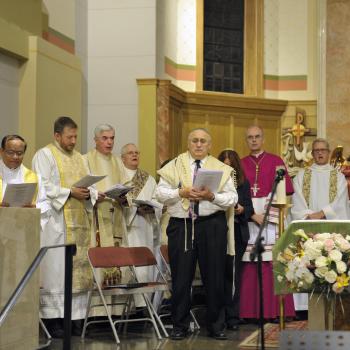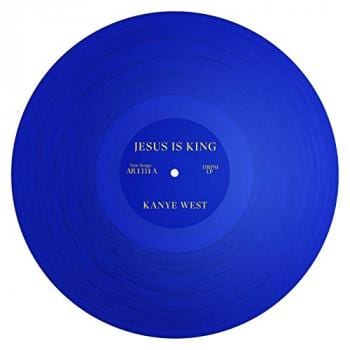Here’s a different take on religion and American culture from someone who professes no faith, but is still searching:
For a nation of talkers and self-confessors, we are terrible when it comes to talking about God. The discourse has been co-opted by the True Believers, on one hand, and Angry Atheists on the other. What about the rest of us?
The rest of us, it turns out, constitute the nation’s fastest-growing religious demographic. We are the Nones, the roughly 12 percent of people who say they have no religious affiliation at all. The percentage is even higher among young people; at least a quarter are Nones.
Apparently, a growing number of Americans are running from organized religion, but by no means running from God. On average 93 percent of those surveyed say they believe in God or a higher power; this holds true for most Nones — just 7 percent of whom describe themselves as atheists, according to a survey by Trinity College.
Nones are the undecided of the religious world. We drift spiritually and dabble in everything from Sufism to Kabbalah to, yes, Catholicism and Judaism.
Why the rise of the Nones? David Campbell and Robert Putnam, of the University of Notre Dame and the Harvard Kennedy School, respectively, think politics is to blame. Their idea is that we’ve mixed politics and religion so completely that many simply opt out of both; apparently they are reluctant to claim a religious affiliation because they don’t want the political one that comes along with it.
We are more religiously polarized than ever. In my secular, urban and urbane world, God is rarely spoken of, except in mocking, derisive tones. It is acceptable to cite the latest academic study on, say, happiness or, even better, whip out a brain scan, but God? He is for suckers, and Republicans.












